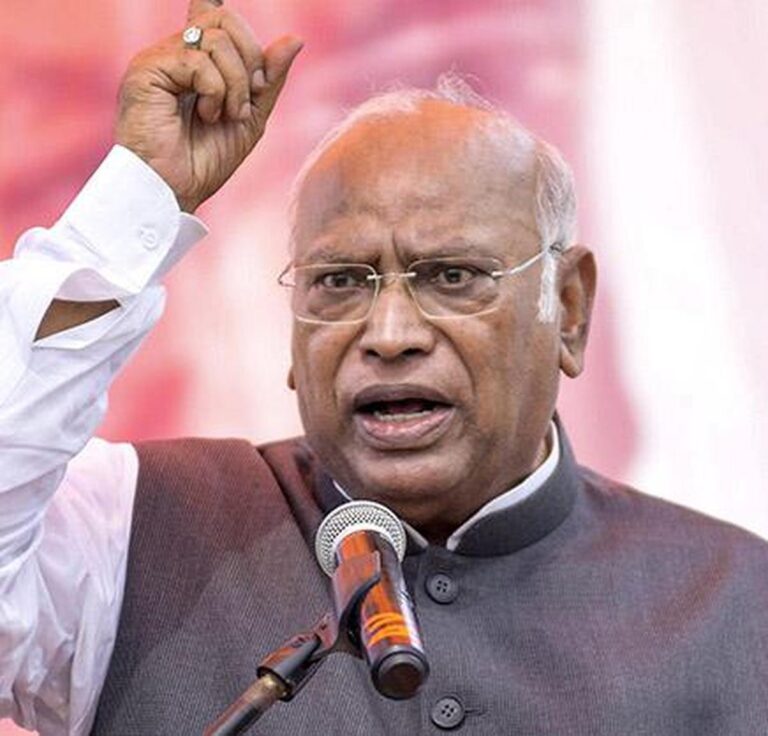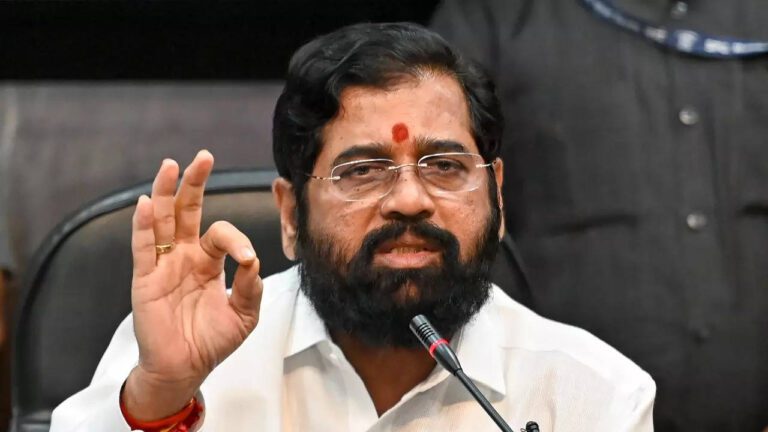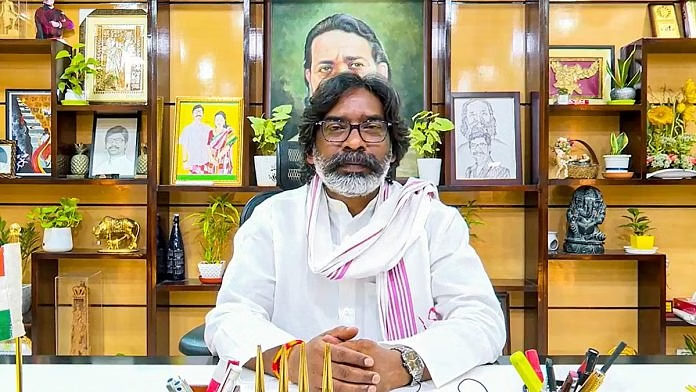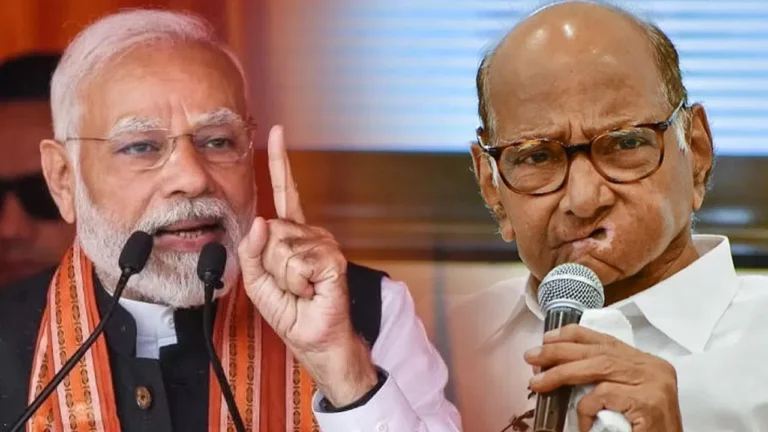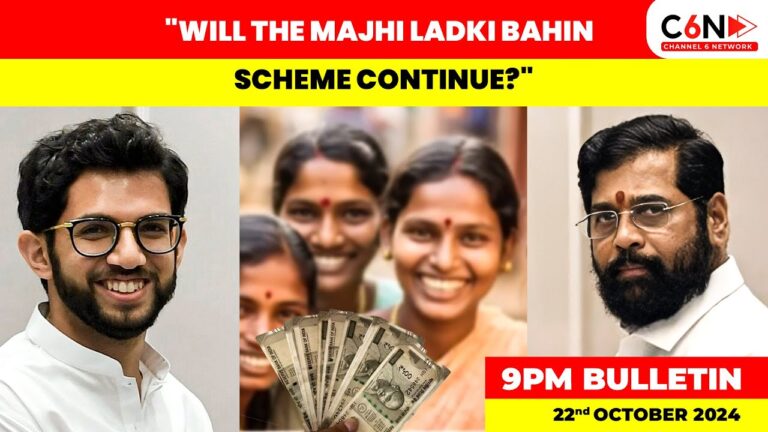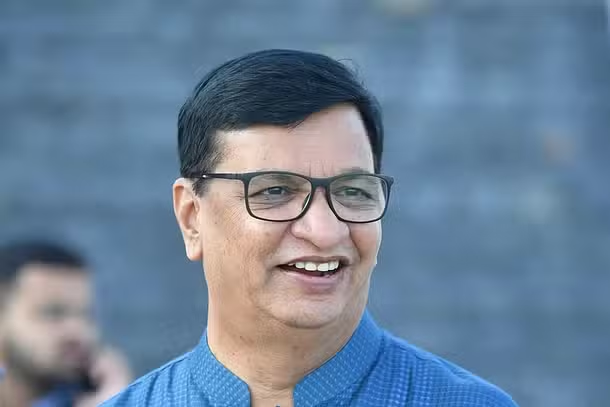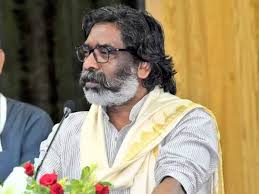Congress president Mallikarjun Kharge launched a sharp attack on the Bharatiya Janata Party (BJP), branding it the “biggest enemy” of the state’s farmers. Kharge, speaking at multiple rallies, accused the BJP-led government of failing to deliver on its promises to the agrarian community, particularly citing a crisis of rising farmer suicides, unfulfilled compensation claims, and poor export policies.
He pointed to alarming statistics, claiming over 20,000 farmer suicides in Maharashtra since the BJP came to power. He also criticized the current government for not compensating farmers adequately, despite insurance companies receiving large sums under government schemes. “The BJP-led alliance has abandoned Maharashtra’s farmers, making them bear the brunt of failed policies and inadequate relief measures,” Kharge said.
One of the key issues he highlighted was the government’s decision to impose high export duties on crops like onions and soybeans, hurting farmers’ earnings. These restrictions, according to Kharge, have had a devastating effect on farmers who are already struggling due to decreased prices for essential crops like cotton and sugarcane. He asserted that only a significant change in leadership, which he termed “MahaParivartan” (grand change), could address the dire situation faced by farmers across the state.
Leaders of the opposition, including members of the Congress and other parties in the Maha Vikas Aghadi (MVA) alliance, echoed Kharge’s sentiments. They aim to mount a strong challenge to the BJP and its allies in the upcoming state elections. The results of the election will determine whether the state’s farmers rally behind the opposition’s call for change or stick with the BJP-led “double-engine government,” a term used to describe the central and state BJP governance.
Kharge’s criticism comes at a time when agrarian distress is a key election issue in Maharashtra, with widespread dissatisfaction among farmers. The state’s agriculture sector, especially hit by droughts and erratic rainfall, is now at the heart of the political discourse as both the opposition and the ruling party try to win over the critical rural vote bank.

